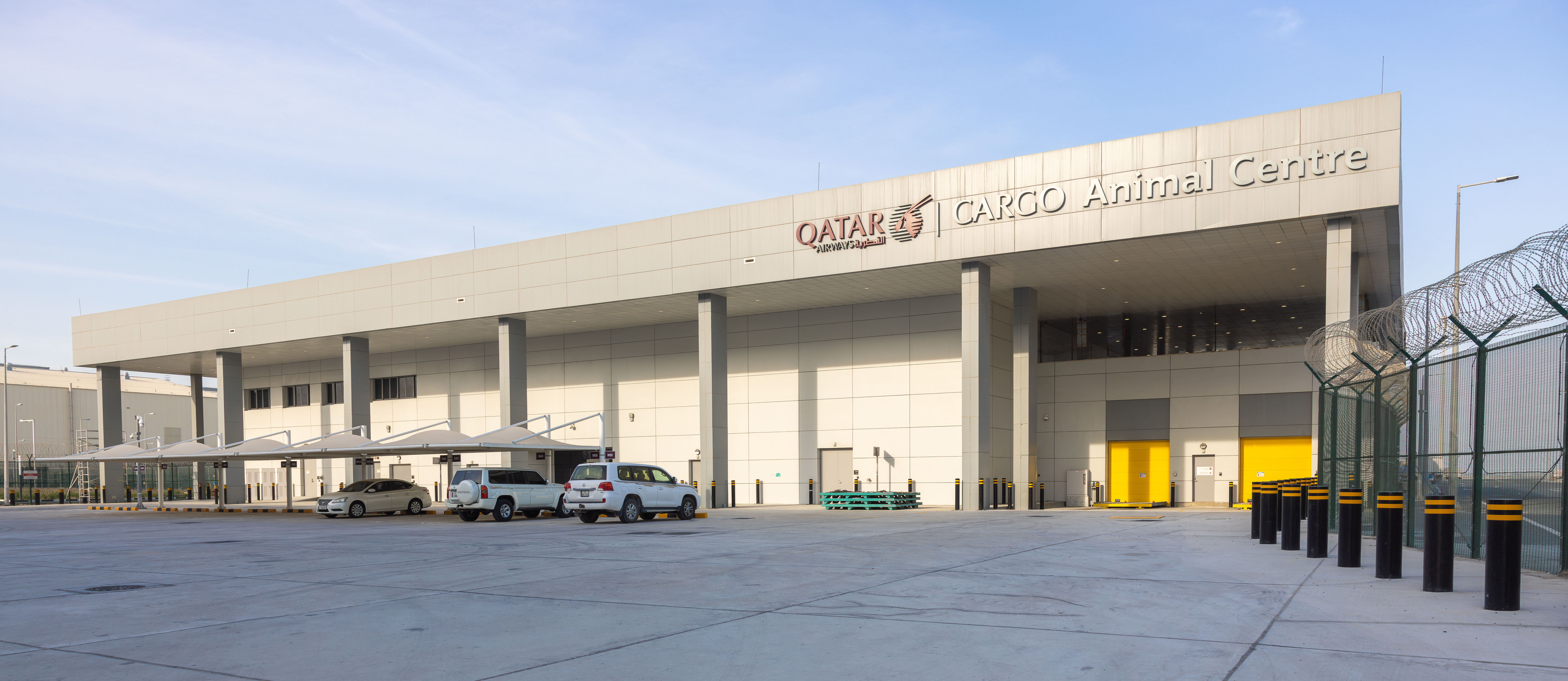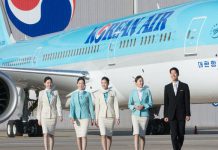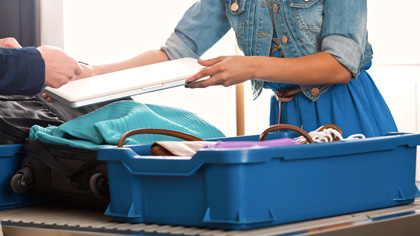US and European officials have agreed to “raise the bar” on global aviation security after high-level discussions on Tuesday about the threat to aircraft, according to the US Department of Homeland Security.
DHS Secretary John Kelly also told European Home Affairs Commissioner Dimitris Avramopoulos and Transport Commissioner Violeta Bulc during a telephone hook-up that an expansion of the ban on large electronic devices in the cabin of aircraft flying to the US was “still on the table’’.
DHS spokesman Dave Lapan said the three agreed on the need to raise the bar for aviation security globally through a range of “potential seen and unseen enhancements’’. He did not specify what those enhancements might be.
Lapan said the parties also agreed to work together and to maintain clear lines of communication of cooperation.
“Finally, while a much-discussed expansion of the ban on large electronic devices in the cabin on flights to the United States was not announced today, the Secretary made it clear that the expansion is still on the table,’’ Lapan said in a statement posted on the DHS website.
“Secretary Kelly affirmed he will implement any and all measures necessary to secure commercial aircraft flying to the United States – including prohibiting large electronic devices from the passenger cabin – if the intelligence and threat level warrant it.’’
A statement from the EU said the discussions were positive but no conclusion was reached.
“Both sides agreed to intensify talks both at technical and political level to find common solutions to mitigate potential threats to aviation security and work together to step up security requirements,’’ it said.
“Discussions are ongoing in view of raising the bar for aviation security globally.’’
The proposed US laptop ban was thrust back into the spotlight over the weekend after Kelly told Fox News on Sunday that he could extend to all flights in and out of the US the ban preventing passengers from taking laptops and other large electronic devices into aircraft cabins.
A ban has already been in place since March on direct flights from 10 Middle Eastern and North African destinations and the US recently caused a furore when it suggested the ban could be extended to Europe.
Talks have since been underway between US and European officials without any news of a resolution.
The DHS had previously played down suggestions of a global ban but Kelly reignited the issue Sunday when he told Fox News that this was a possibility.
Asked if was going to ban laptops from the cabins of all international flights both “into and out of the US”, Kelly said; “I might’’.
“There’s a real threat … there are numerous threats against aviation,’’ he said. “That’s really the thing they’re obsessed with, the terrorists, the idea of knocking down an airplane in flight, particularly if its US carrier, particularly if it’s full of mostly US folks.’’
On the question of when a decision might be made, Kelly said the DHS was still “following the intelligence”.
“The very, very good news again is that we are working incredibly close with friends and partners around the world … and in the process of defining this we’re going to raise the bar generally speaking for aviation security much higher than it is now.’’
“And there (are) new technologies down the road that we’ll rely on but it is a real, sophisticated threat and I’ll reserve that decision until we see where it’s going.’’
Read: Asia-Pacific airlines lash out at laptop ban.
The US Transportation Security Administration is testing tighter security requirements that require people bringing carry-on baggage to unpack it and separate out items such as food, paper and electronics.
Pointing to airline policies to generate more revenue by charging people for checked baggage, Kelly said people trying to avoid fees to check bags were stuffing their carry-on bags to point where they could not get any more in.
This meant that TSA personnel were unable to tell what was in the bags.
Asked whether the tougher checks would be expanded nationwide, Kelly said: “We might and likely will.
“What we’re doing now is working out the tactics, techniques and procedures if you will in a few airports to find out exactly how to do that with the least amount of inconvenience the traveller.’’
Although Kelly didn’t specify the new technology which could be used for cabin baggage, it includes computed tomography (CT) scanners similar to the technology used to screen checked bags.
The 3D CT technology could make it possible to allow passengers to leave liquids, gels and aerosols, as well as laptops, in their carry-on bags at all times. This results in a quicker throughput and less bin use.
























